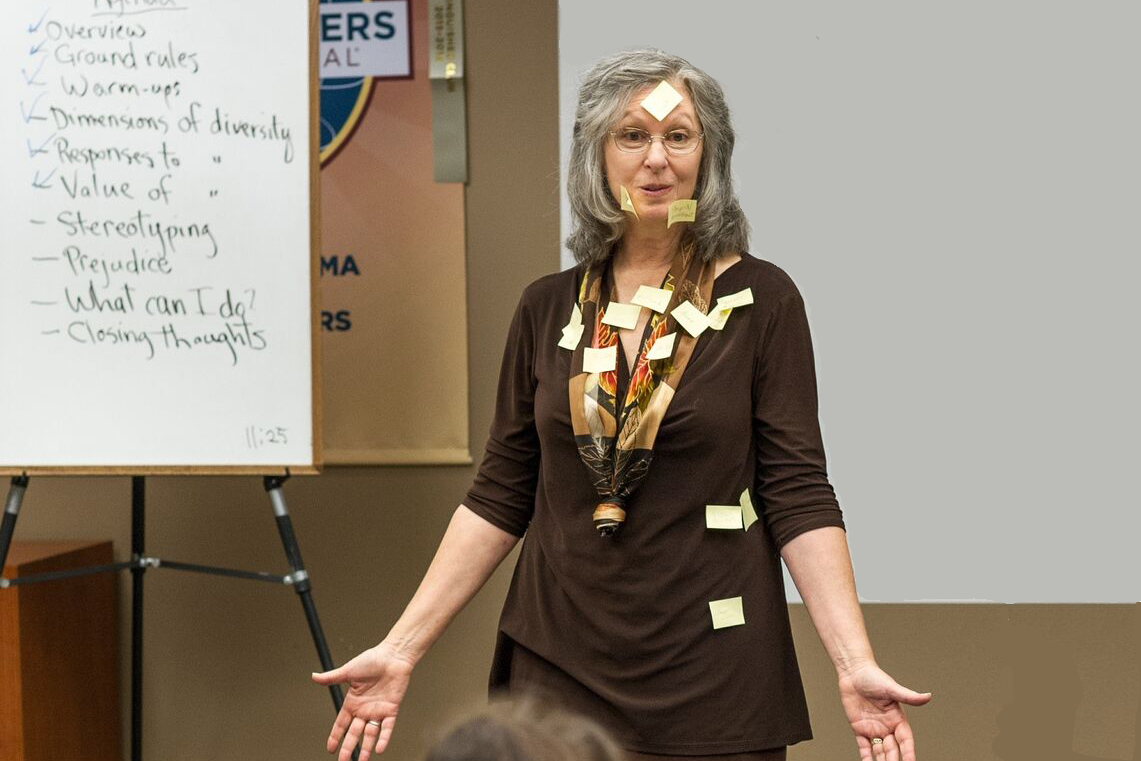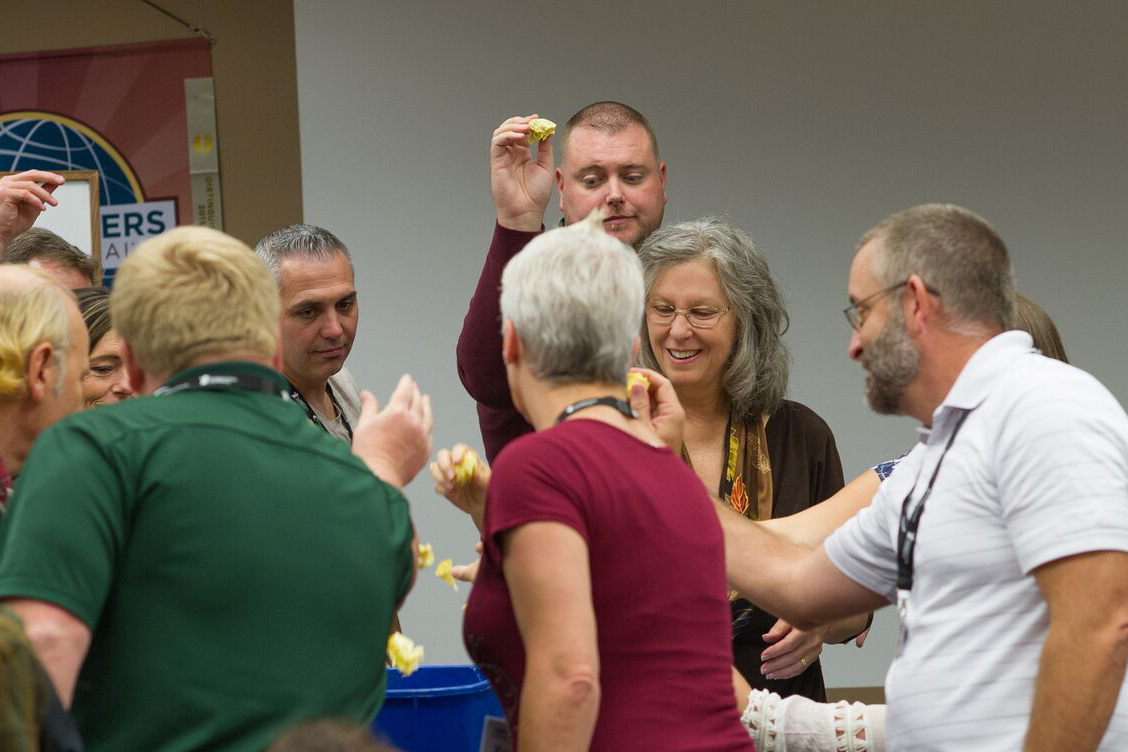CSUN is the Foundation in Helping Alumna Find Her True Calling
The decision to come to California State University, Northridge was never a question for Randie Gottlieb ’73 (Art), ’75 (Teaching Credential).
A gifted volleyball player — she played for the 1969-70 U.S. women’s national team — Gottlieb was offered a scholarship to play for the Matadors. The university was also a close 15-minute drive from her Van Nuys home and CSUN’s art department really caught her eye.
The challenge was figuring out what direction to pursue once she got to campus.
“I loved my classes, but I wasn’t sure what I wanted to do with my life,” Gottlieb said. “During my third year at CSUN, I decided to take a semester off. I bought a Eurail pass and — very foolishly as a blonde female — traveled alone to Europe and North Africa.”
After five months of traveling across a total of 15 countries, Gottlieb discovered her passion.
“When I came back to CSUN, I knew I wanted to be a teacher,” Gottlieb said. “My trip showed me how diverse our world is. Where I grew up [in Van Nuys], it was essentially all white middle-class people who celebrated the same holidays, had the same religious and political beliefs and were the same economic status. In Europe, I was amazed at the diversity.”
After coming back to the U.S., Gottlieb saw the world with a new pair of eyes and quickly noticed the separateness that divided the country in the late 1960s and early 1970s.
“It was a time of real ferment,” Gottlieb said. “There was a bubbling up all over the country, not just from the Vietnam War but from the women’s liberation and the civil rights movement. I saw a big need for unity and diversity.”
As a result of her journey, Gottlieb became a dedicated Baha’i, a religion that emphasizes peace and the oneness of humanity.
“The spiritual awareness combined with the education from CSUN made me want to become a teacher and teach these concepts to others,” Gottlieb said.
With a new outlook on life, Gottlieb excelled in CSUN’s teaching credential program, earning lifetime credentials in English, Secondary Art and English as a Second Language (ESL).
After graduation, Gottlieb moved to Boston and spent two years as a high school English teacher. Although an enriching experience, Gottlieb wanted to make a bigger impact on people’s lives. She went back to school, first earning her master’s degree in education from Harvard and then her doctorate from Boston University.
Gottlieb again left the U.S. — this time spending 11 years in Puerto Rico as the director for the Amoz Gibson International Training Center, a diversity program that educated the youth and community on the importance of togetherness. She later became principal for a local elementary school.
When Gottlieb returned to the States, she brought what she learned in Puerto Rico to Yakima, Wash. After spending two decades teaching multicultural education at Heritage University in central Washington state, Gottlieb founded the UnityWorks Foundation in 2013.
The nonprofit organization educates staff and students in a five-day training about living in a diverse society, reducing prejudice, improving race relations and more.
Since 2014, 11 schools in the Yakima School District have signed up. According to Gottlieb, the training is a very hands-on experience that includes singing, dancing, doing arts and crafts and touching on important issues such as stereotyping, inclusion and equality.
To kick off each school’s training, Gottlieb asks those in attendance a simple question.
“In the beginning, I ask the room how many races there are,” Gottlieb said. “I’ll hear anything from five [white, black, red, yellow, brown] to 200. Then I let them know that although we are different colors, speak different languages and have different cultures, we are one human race. That’s a real paradigm shift for just about everyone in the room.”
After the five-day training concludes, the foundation remains available throughout the academic year in case a school needs to bounce off ideas, needs help finding a guest speaker or is looking for a particular resource.
Although still a new program, Gottlieb noted a lot of progress in the schools that have received training.
“Recently, there was an elementary school that was experiencing racial name calling. The principal overheard a student tell someone that they couldn’t play with them anymore because they were the color of poop,” Gottlieb said. “So we did a project with the kids where they painted self-portraits using accurate skin colors as part of a larger lesson on diversity and acceptance.
“The paintings were then posted around the school and the students felt validated that every color was recognized. The principal later emphasized that not one instance of racial name calling occurred after that.”
Moving forward, Gottlieb’s goal is to gradually expand the UnityWorks Foundation across the country, possibly even to the campus that started her journey.
“Eventually it would be nice to bring the program to Northridge,” Gottlieb said. “Fortunately, CSUN has an excellent teaching education program and it’s helped set the foundation for my entire professional career.”
You can learn more about the UnityWorks Program here.



 experience
experience